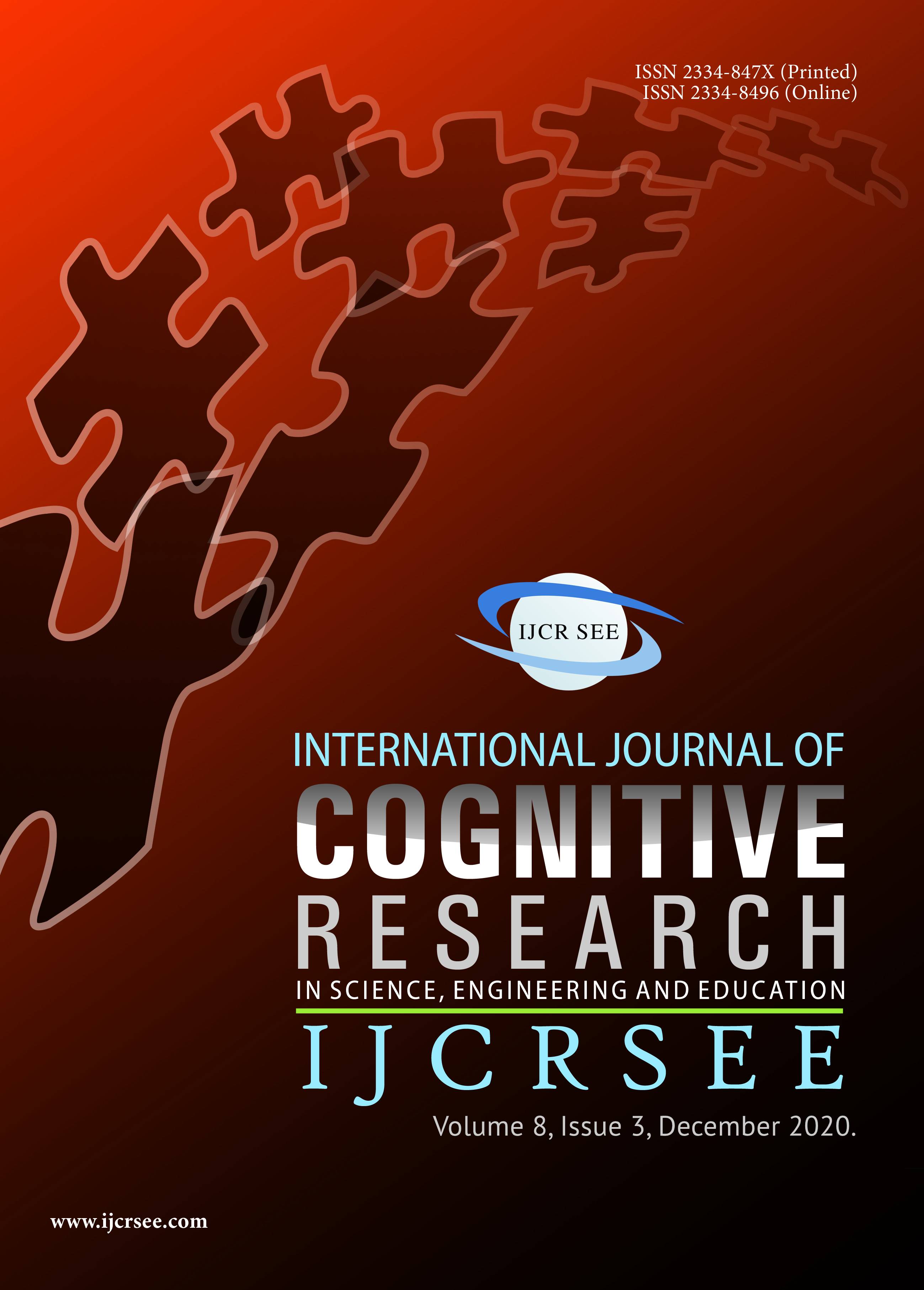Classical University Crisis: New Challenges and Prospects of Russian Higher Education
Classical University Crisis: New Challenges and Prospects of Russian Higher Education
Author(s): Larisa Abrossimova, Marina Bogdanova, Galina SnezhkoSubject(s): Higher Education
Published by: Удружење за развој науке, инжењерства и образовања
Keywords: Liberal Arts education; educational crisis; online education; utilitarianism and pragmatism; the Bologna process;
Summary/Abstract: The objective of the paper is to discuss the most crucial problem, related to “winding down” of the Russian Liberal Arts education due to its economic inefficiency. The methodology includes the descriptive scientific-research method, which involves the analysis of scientific sources, official provisions, mass-media publications and the students’ questionnaire. The authors came to the following conclusions: 1. The model of education, which is guided by the logic of economic growth, and not by the logic of human development, leads to a general dehumanization of education and society. 2. The process of education “dehumanizing” is manifested in the following destructive trends: pragmatic utility and convenience of gaining knowledge; the dominance of technical knowledge and the transfer of humanitarian disciplines into optional courses; the advance of online education; the imperfection of university lecturers’ ratings and their transformation into a bureaucratic evaluation system; new types of inequality in education. 3. In Russia, the above-mentioned trends are aggravated by the abnormal establishment of market economy; the verticalization of power and the lack of professionalism in university management; social sphere underfunding; the aggressive implementation of the Bologna system. 4. The current crisis in education is accompanied by the large-scale emigration of gifted students and lecturers. The authors recommend to consider the University as a classical “home” of formation, preservation and transfer of culture; online courses should be seen as a new format of teaching aids, as well as a technological tool for retraining and for people with disabilities.
Journal: International Journal of Cognitive Research in Science, Engineering and Education (IJCRSEE)
- Issue Year: 8/2020
- Issue No: 3
- Page Range: 135-144
- Page Count: 10
- Language: English

